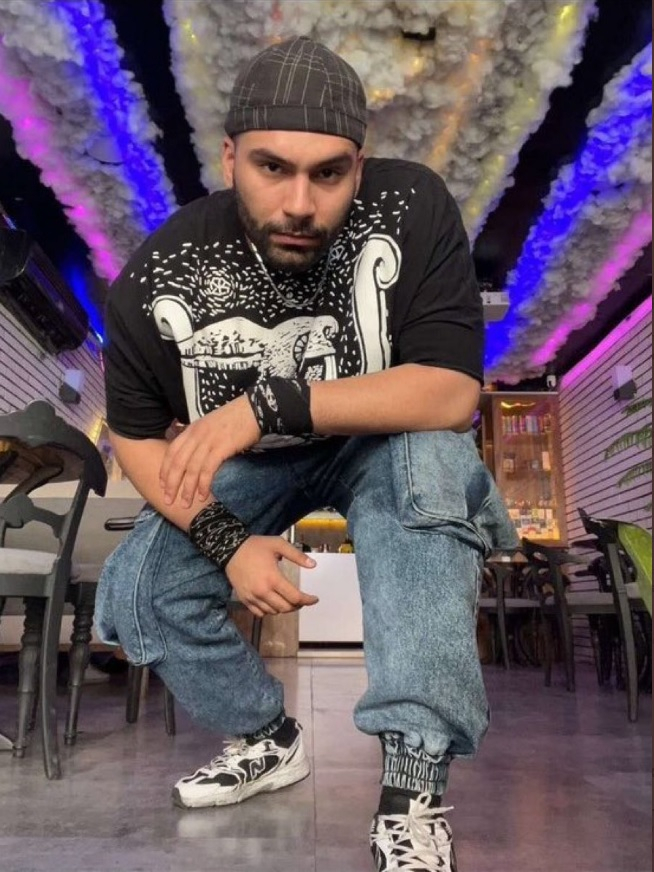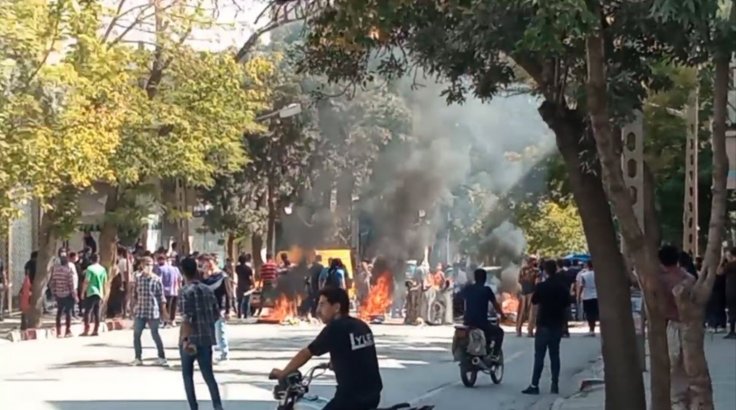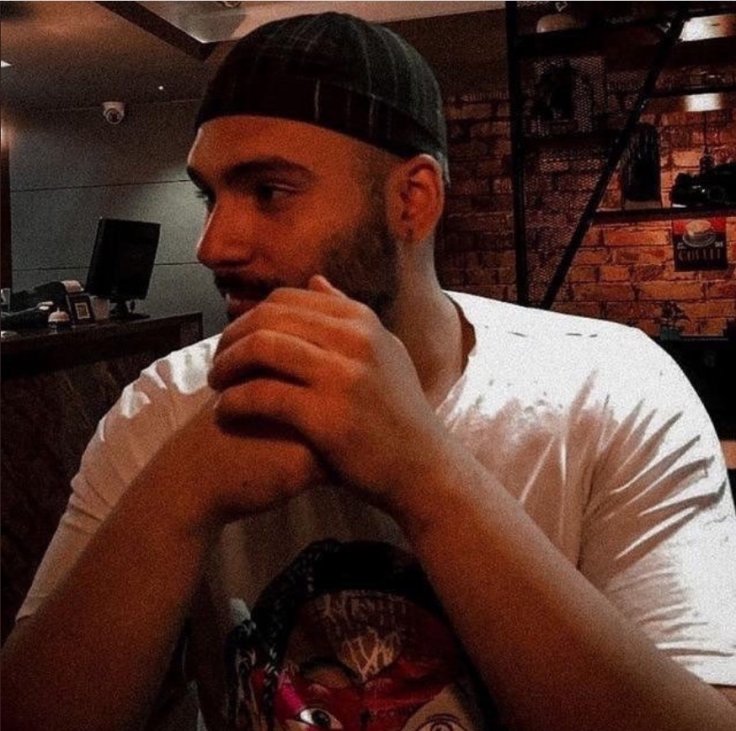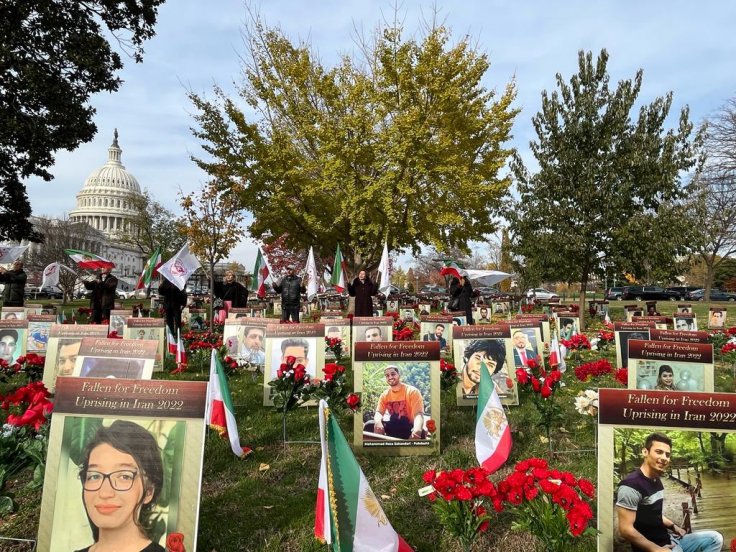Iran carried out the first official execution over Mahsa Amini demonstrations that have rocked the Islamic state over the past few months. A man named Mohsen Shekari was hanged on Thursday after the regime convicted him of injuring a security guard with a knife during protests sparked by Amini's death, according to the semi-official Tasnim news agency.
The Iranian government said that Shekari blocked Sattar Khan Boulevard on September 25 during a riot in Tehran and "stabbed the left shoulder of a Basiji," according to the official IRNA news agency. He was then accused of "waging war against God," following which he was hanged on Thursday.
No Mercy

It is not known under what circumstances Shekari was hanged but according to reports, he was killed in a public place with everyone watching in shock. "Mohsen gave his life for freedom. He wanted a normal life. One more brave soul killed by this bloody regime," said Masih Alinejad, an Iranian journalist and campaigner.
Alinejad also posted a photo on Twitter which she claimed to be of Shekari.
Shekari was found guilty, according to Iran's Mizan news agency. The Revolutionary Court in Tehran, which typically hears cases behind closed doors, has previously drawn criticism from around the world for denying defendants the right to choose their own attorneys or even access to the evidence against them.

According to Mizan, Shekari was arrested on September 25 and found guilty on November 20 of the Farsi crime of "moharebeh," which means "waging war against God."
The execution comes as other detainees could also be publicly executed for their participation in the protests, which started as a backlash against Iran's morality police but have since grown to become one of the most significant challenges to theocracy in Iran since the 1979 Islamic Revolution.

On Monday, the Revolutionary Guards praised the judiciary for taking a tough stand and urged it to immediately and decisively render judgments for detainees accused of "crimes against the security of the nation and Islam." Authorities have been harshly repressing protesters.
Considering that at least a dozen people have already been given the death penalty for taking part in the demonstrations, activists warn that other executions could soon take place.
Death of Human Rights
According to court documents seen by AFP, Haidar al-Zaidi, 20, was given a three-year term for a disputed tweet that was considered derogatory to a pro-Iran former paramilitary unit.
Judicial spokesman Masoud Setayeshi said on Tuesday that five defendants who were charged with the murder of Rouhollah Ajamian, a member of the Basij militia, were condemned to death in a decision that they have the right to appeal.
Amnesty International claimed that the Iranian authorities are seeking the death penalty for at least 21 individuals in what it dubbed "sham trials designed to intimidate those participating in the popular uprising that has rocked Iran."

According to Amnesty International, it was able to obtain a paper signed by a top Iranian police commander requesting that a prisoner's execution be carried out "in the shortest possible time" and in front of the public as "a heart-warming gesture towards the security forces."
The organization denounced last month's "chilling use of the death penalty" to quell the demonstrations.

The "execution of Mohsen Shekari must be [met] with strong reactions otherwise we will be facing daily executions of protesters," wrote Mahmood Amiry-Moghaddam, the director of the Oslo-based activist group Iran Human Rights. "This execution must have rapid practical consequences internationally."
Iran has blamed the unrest on its foreign enemies including the United States.








